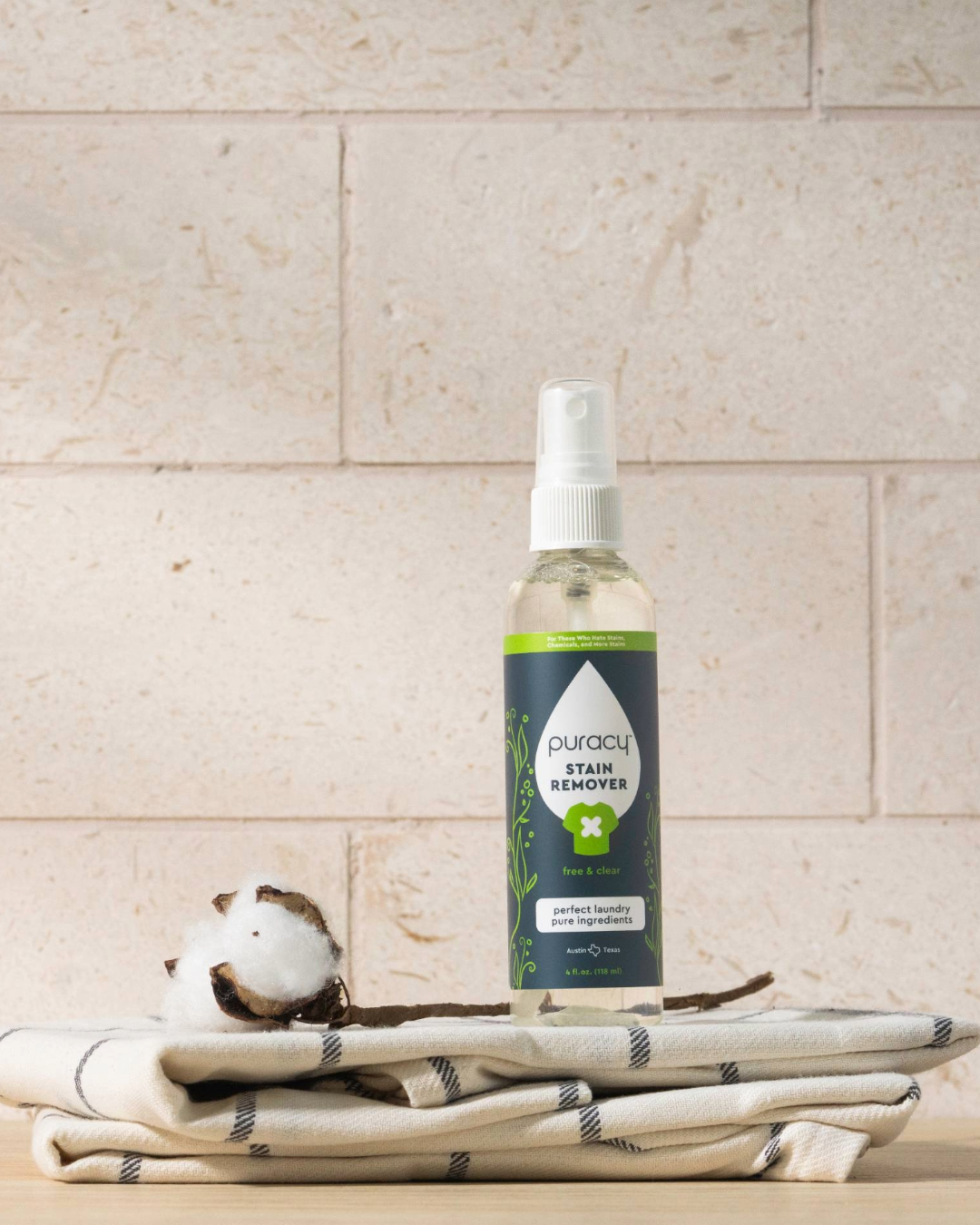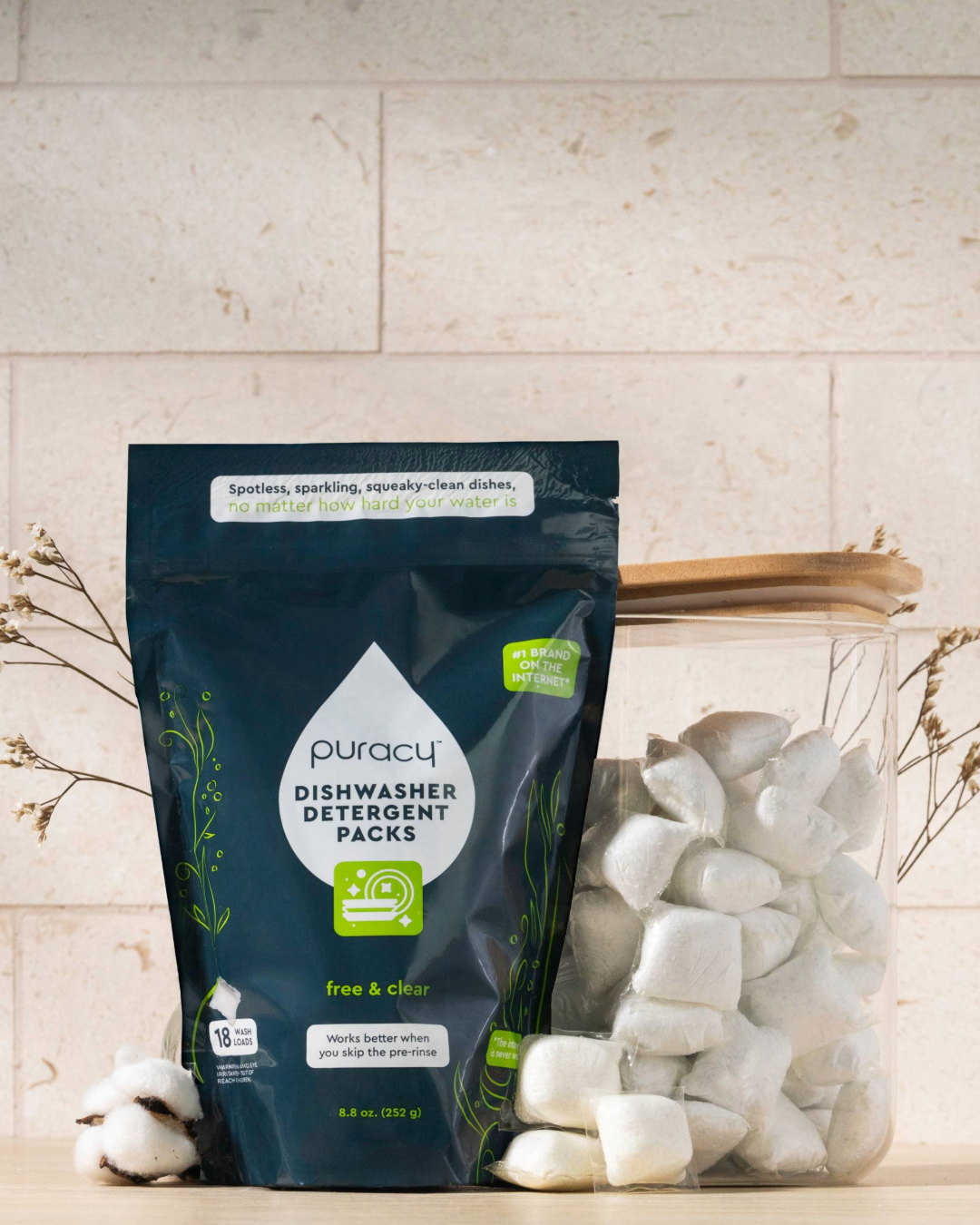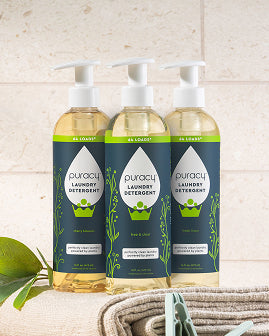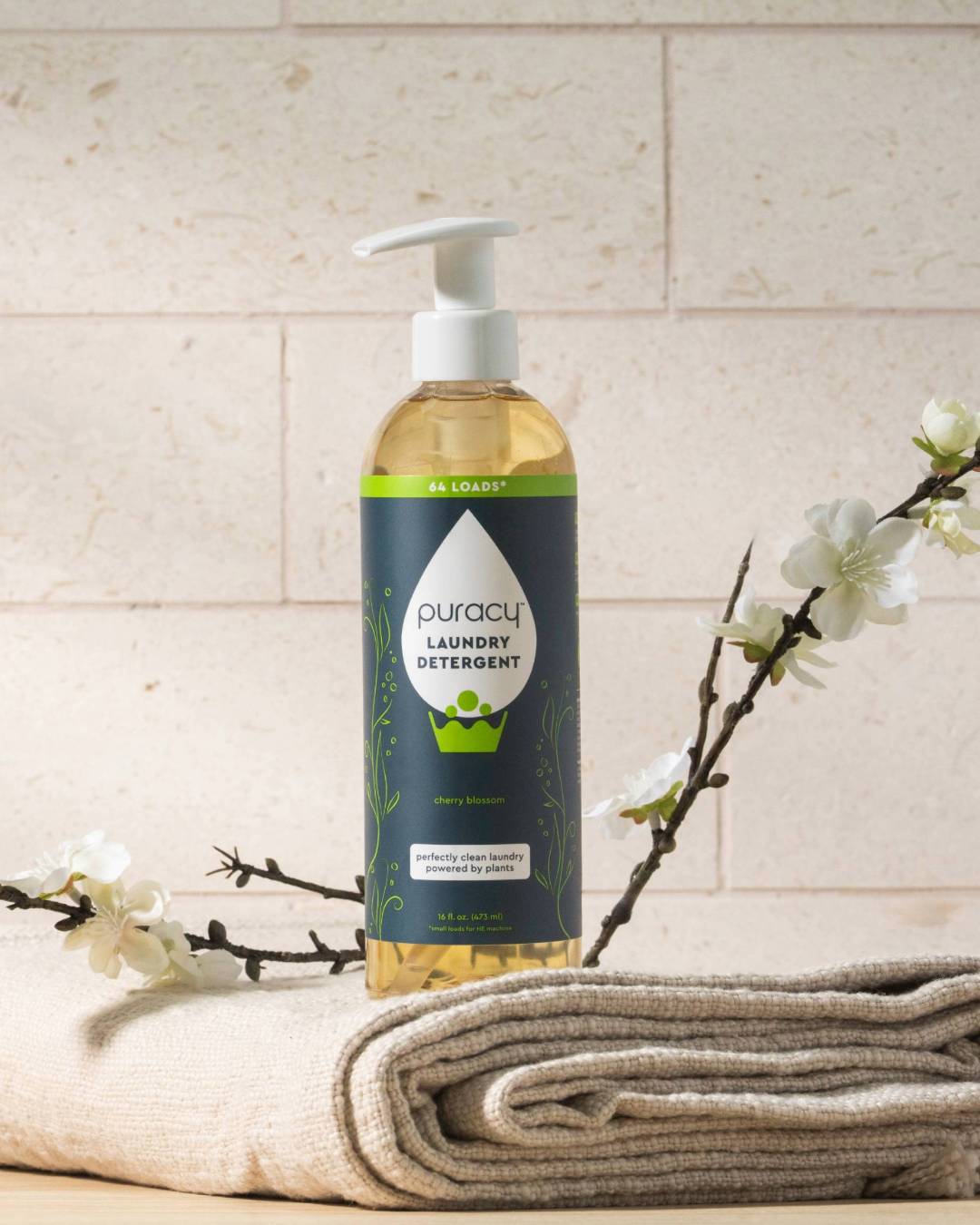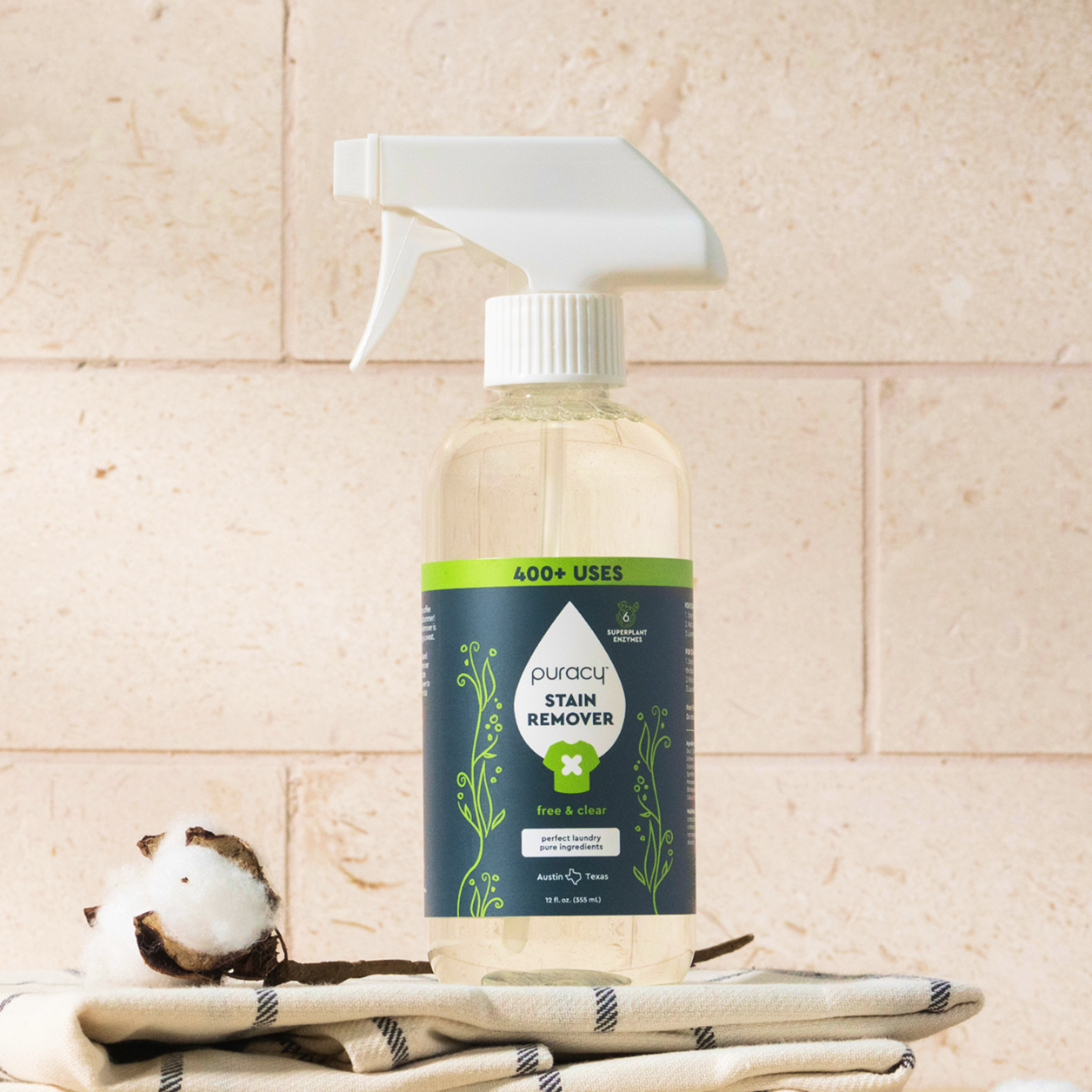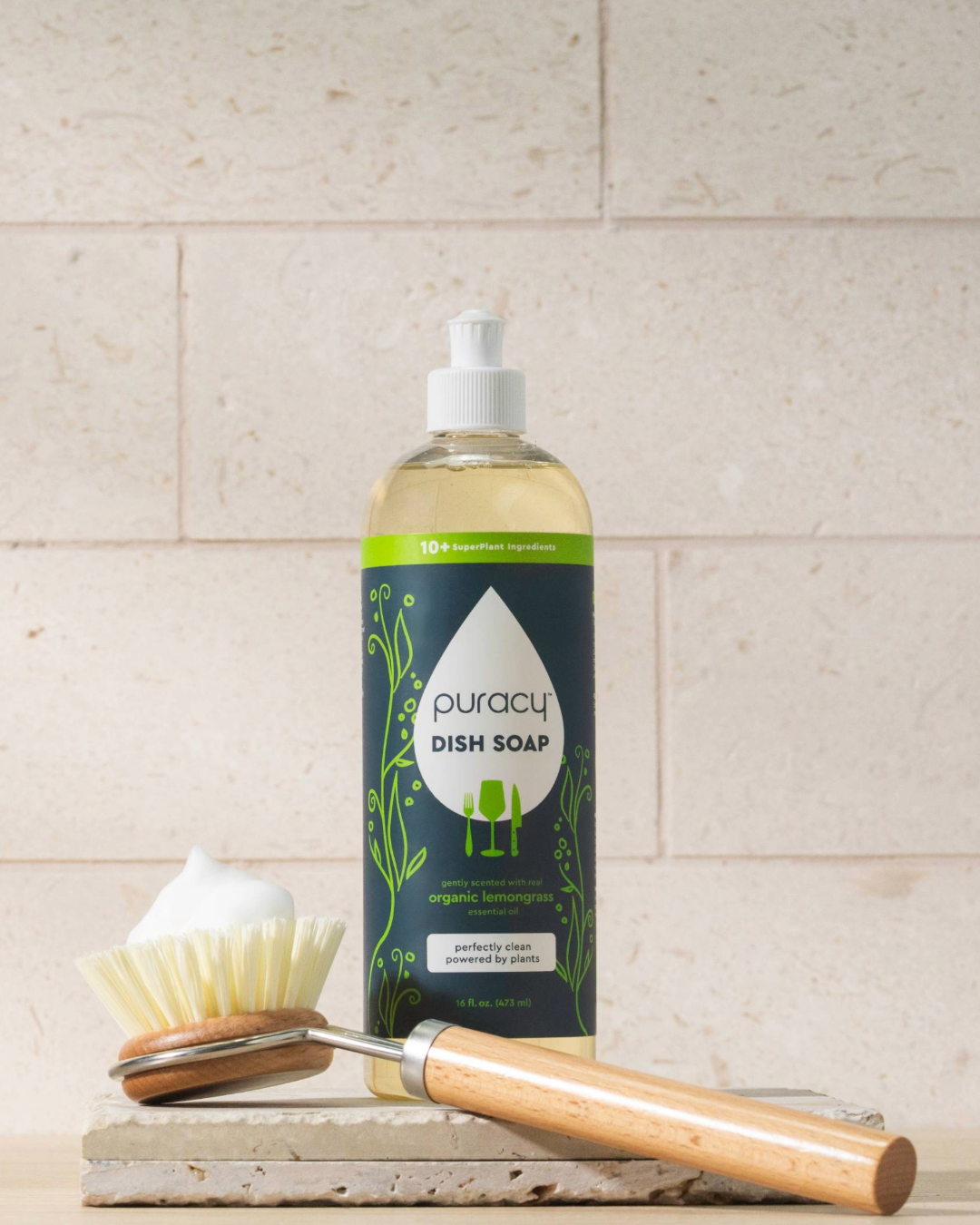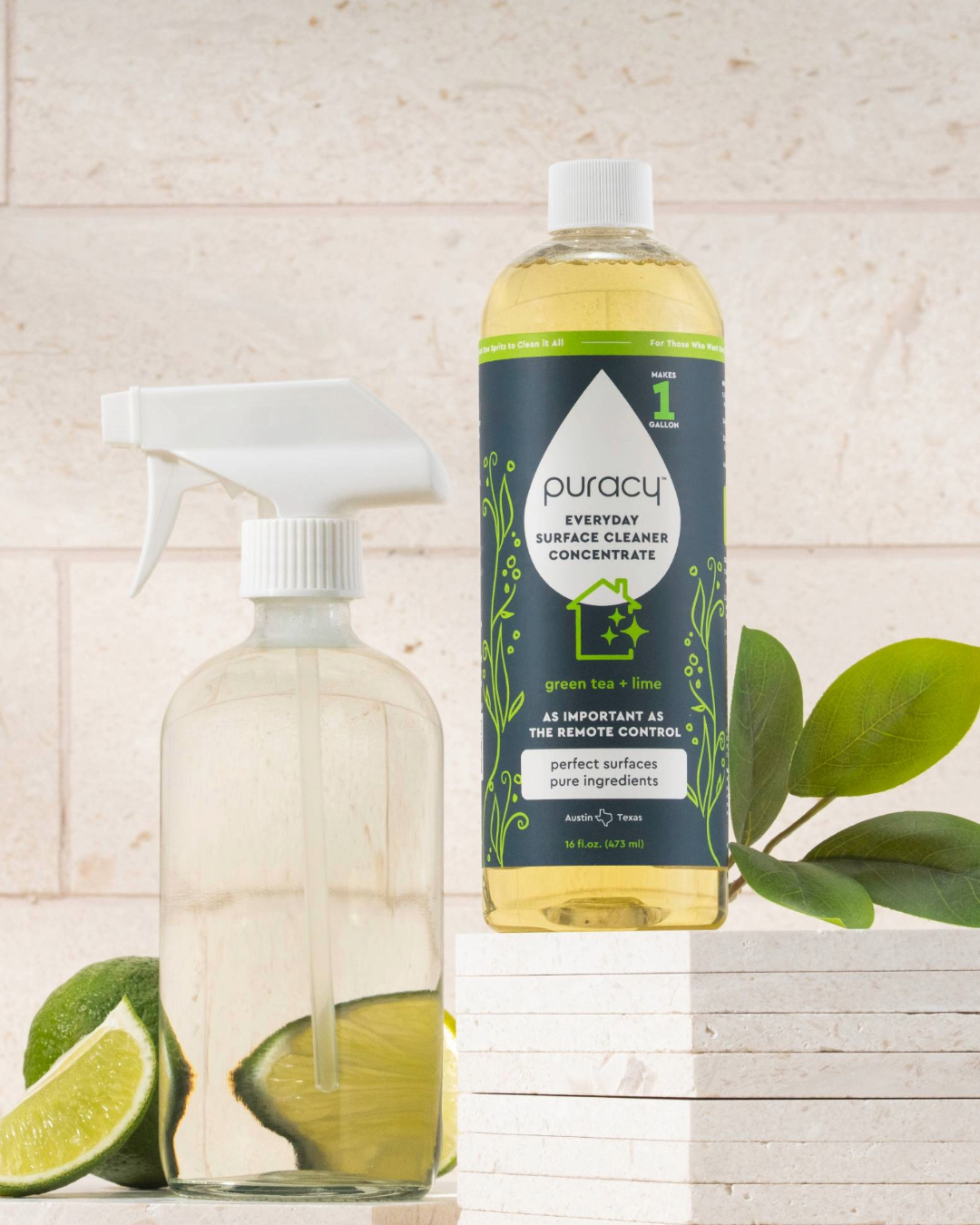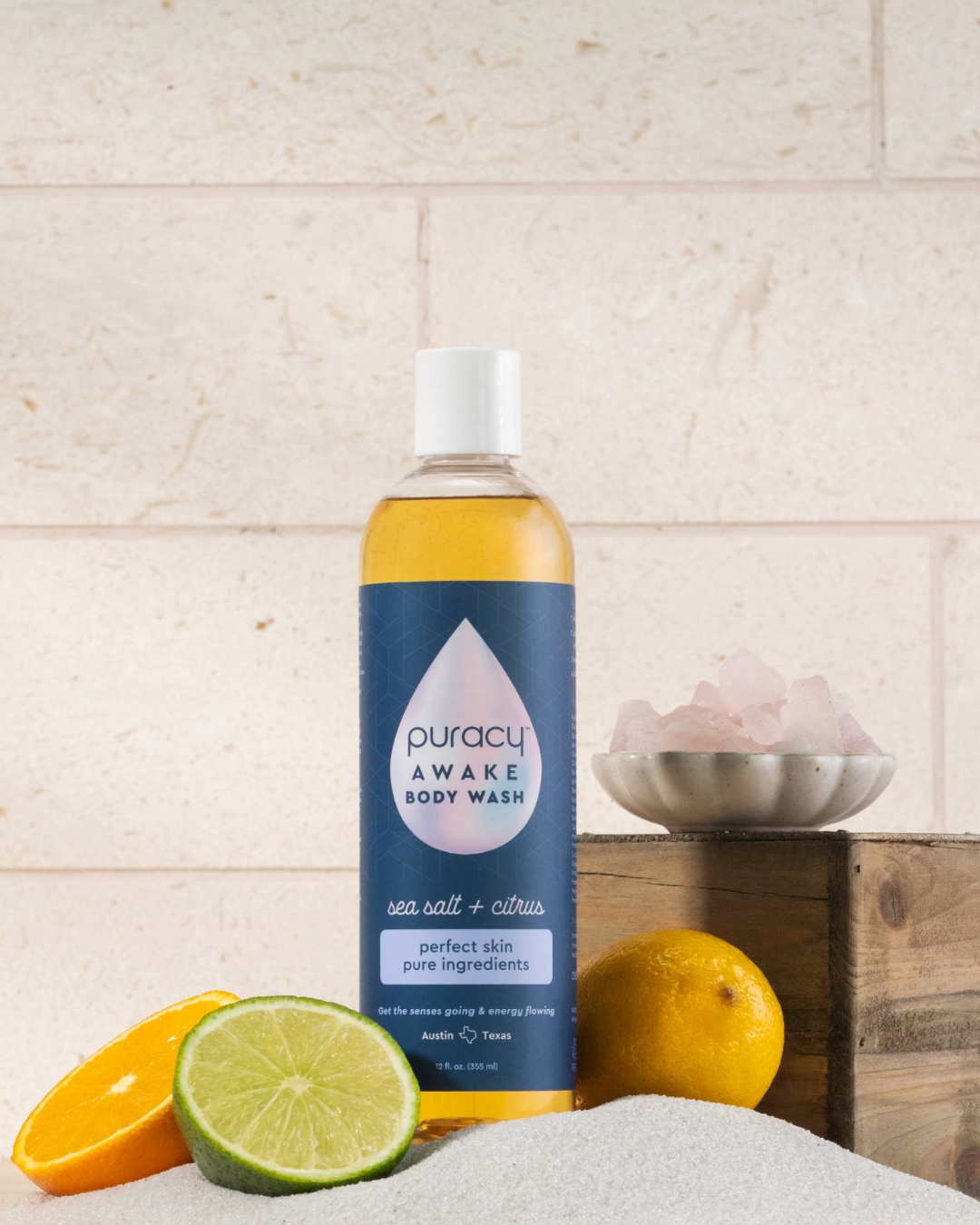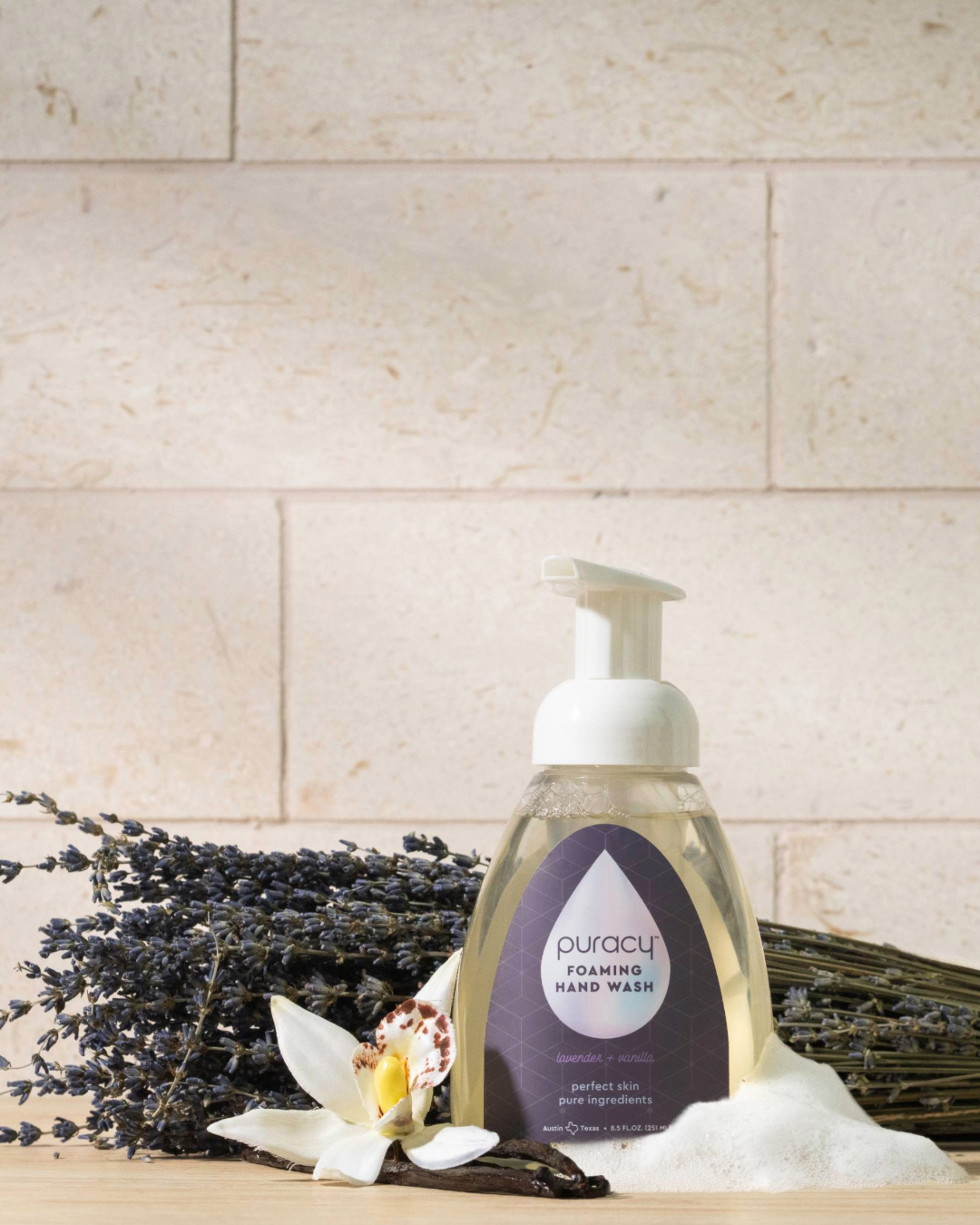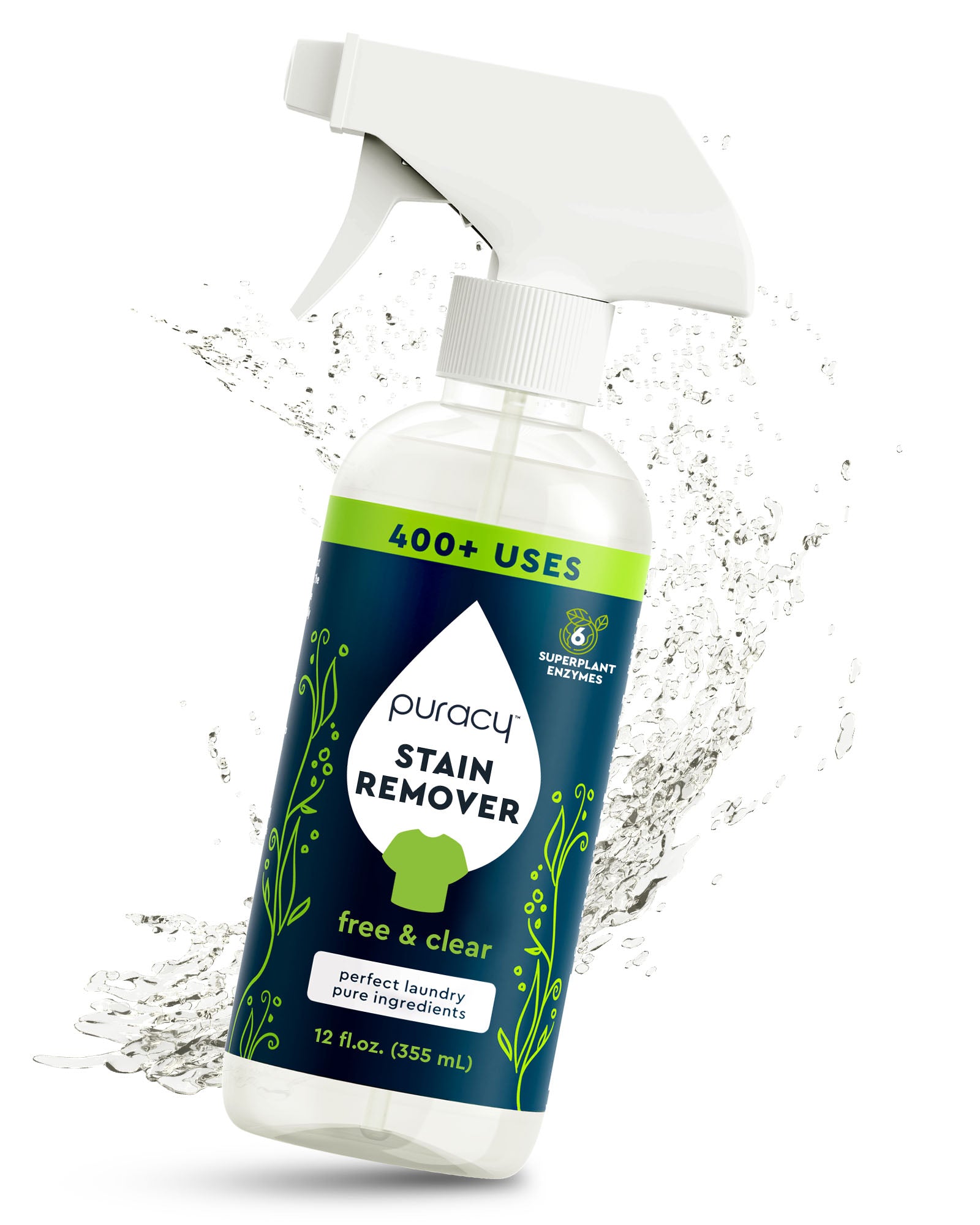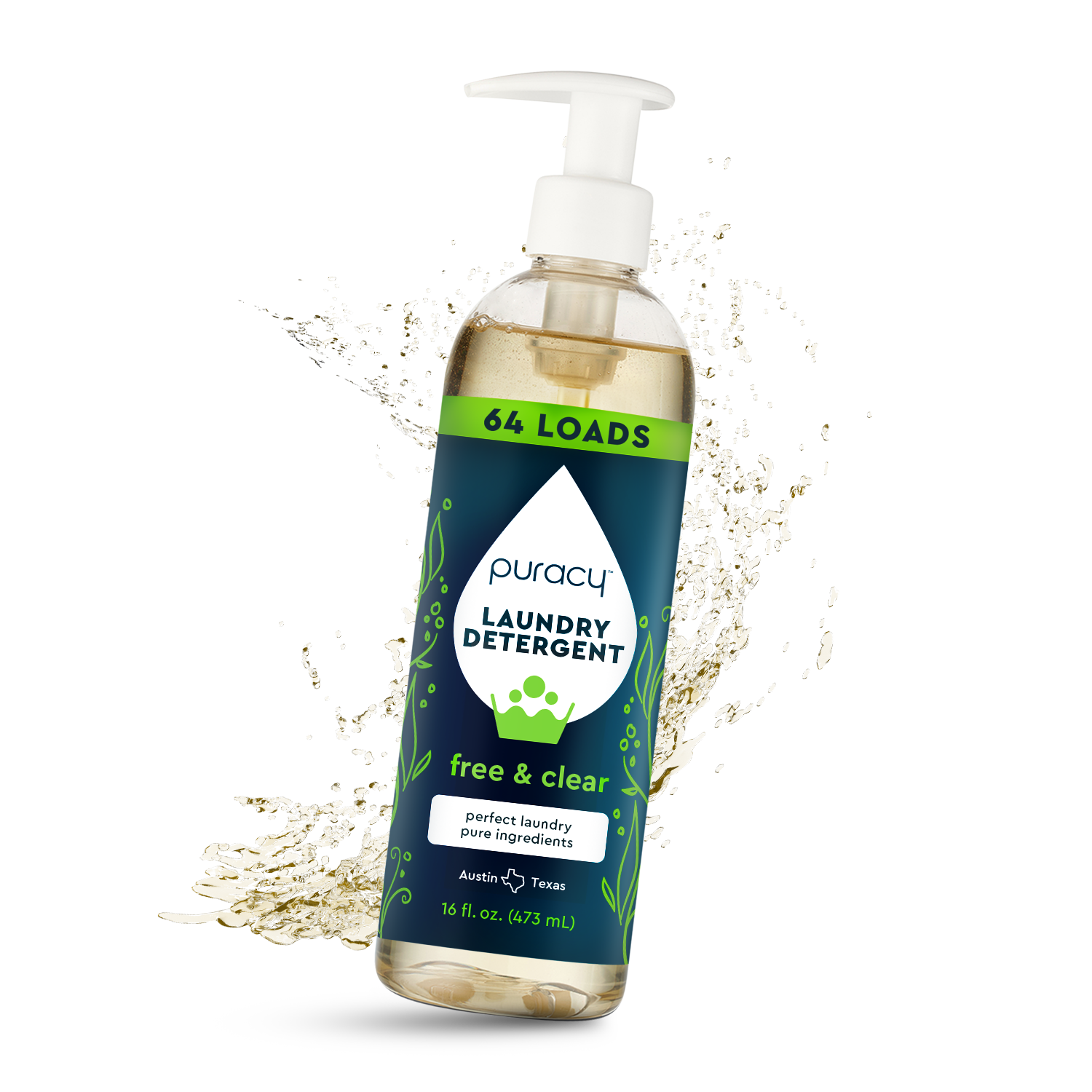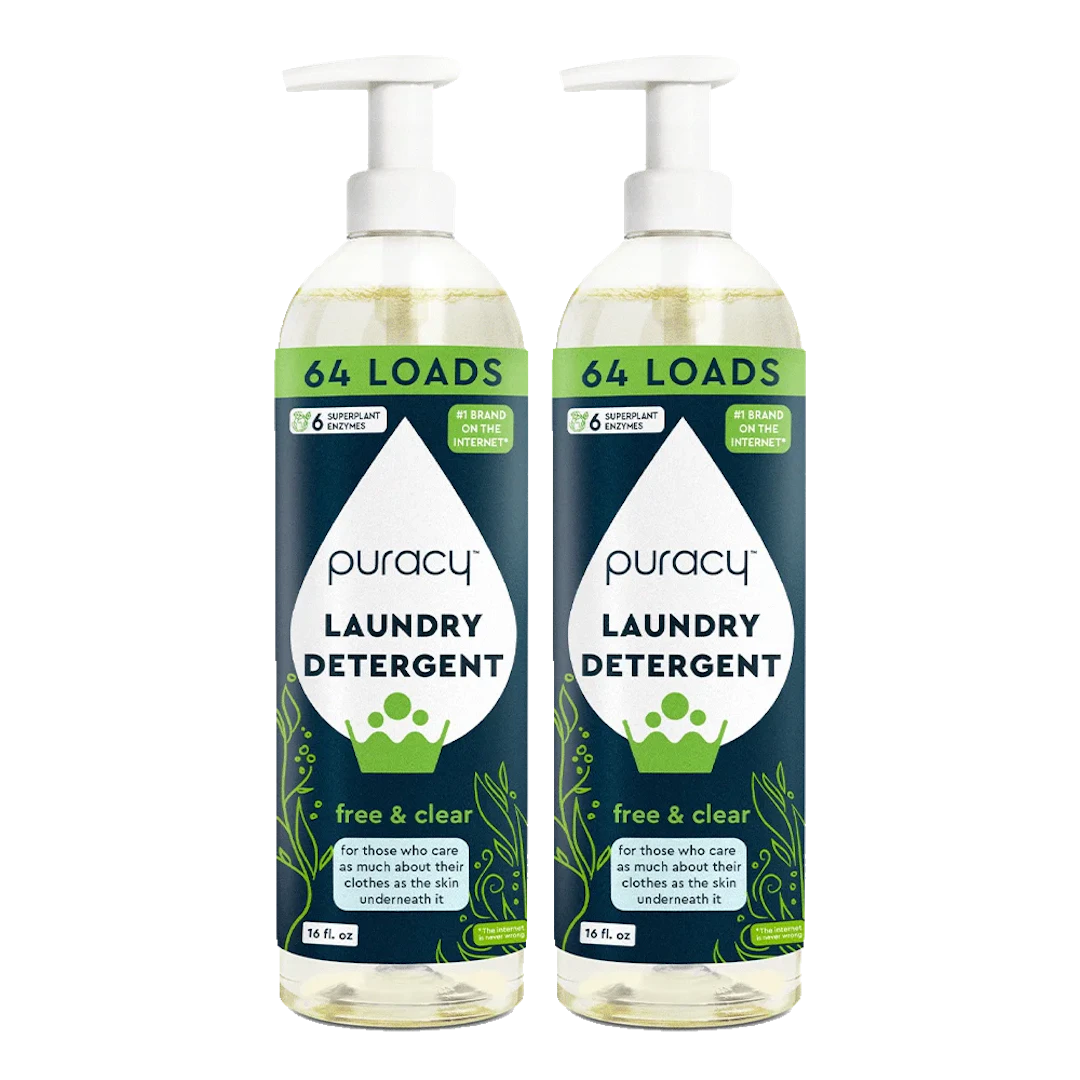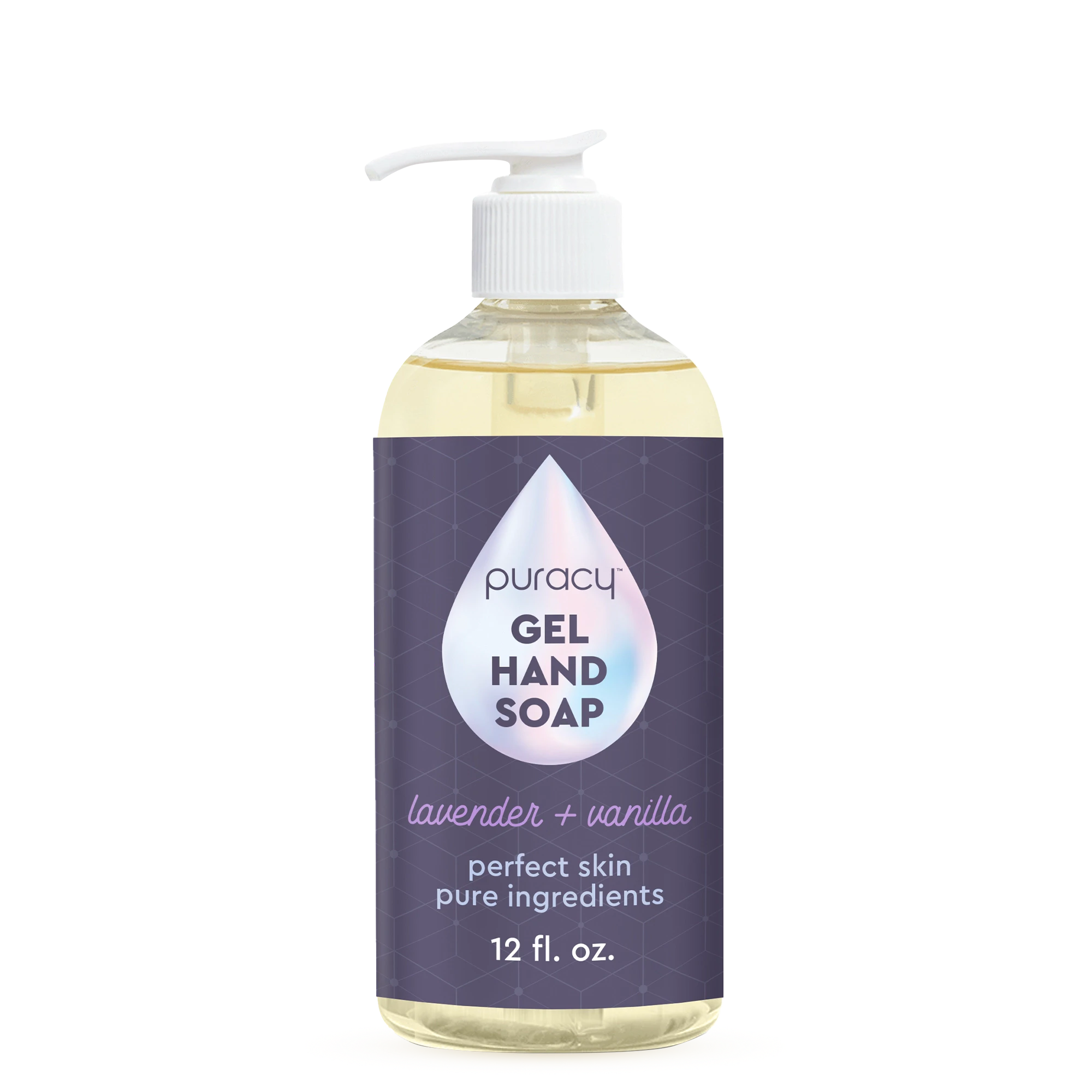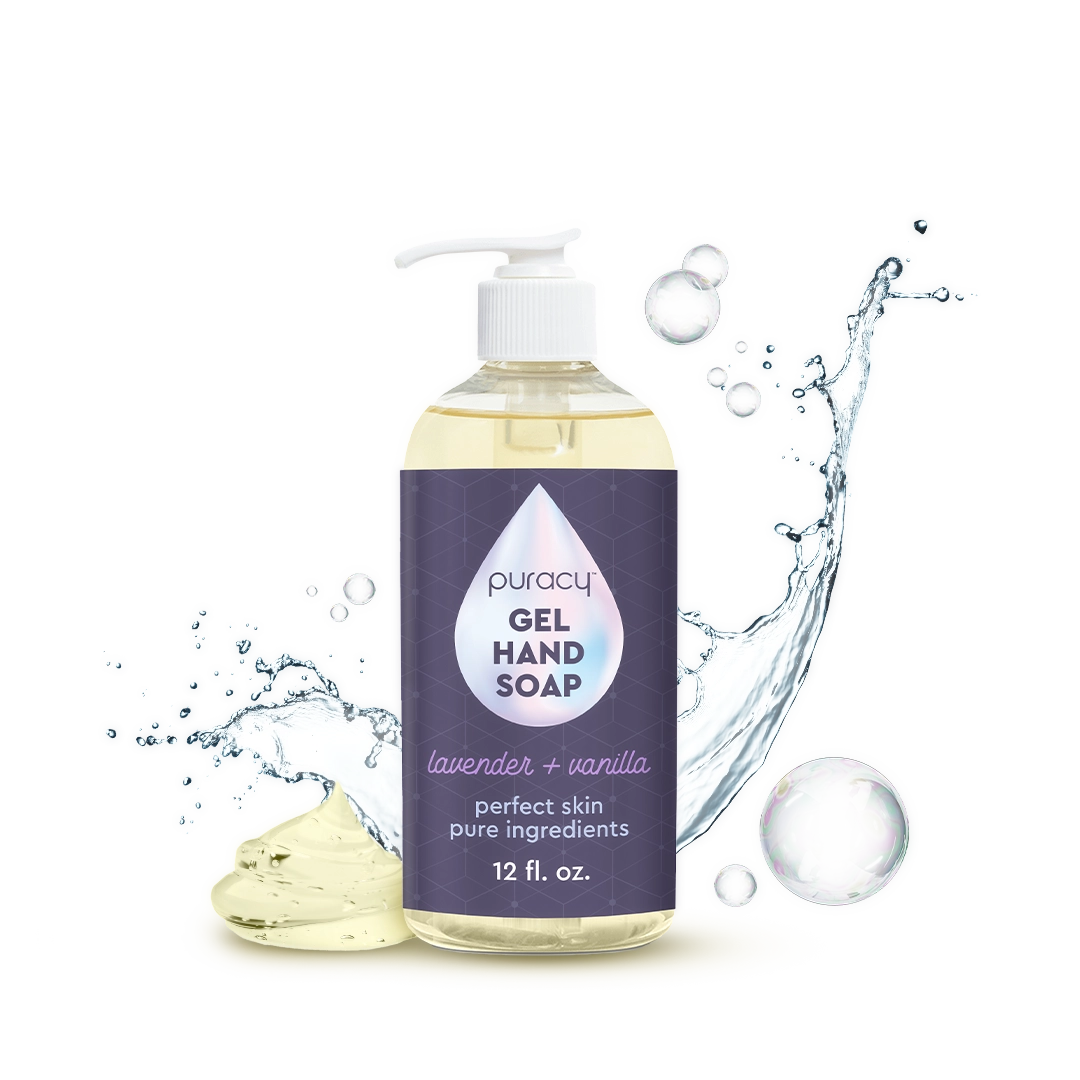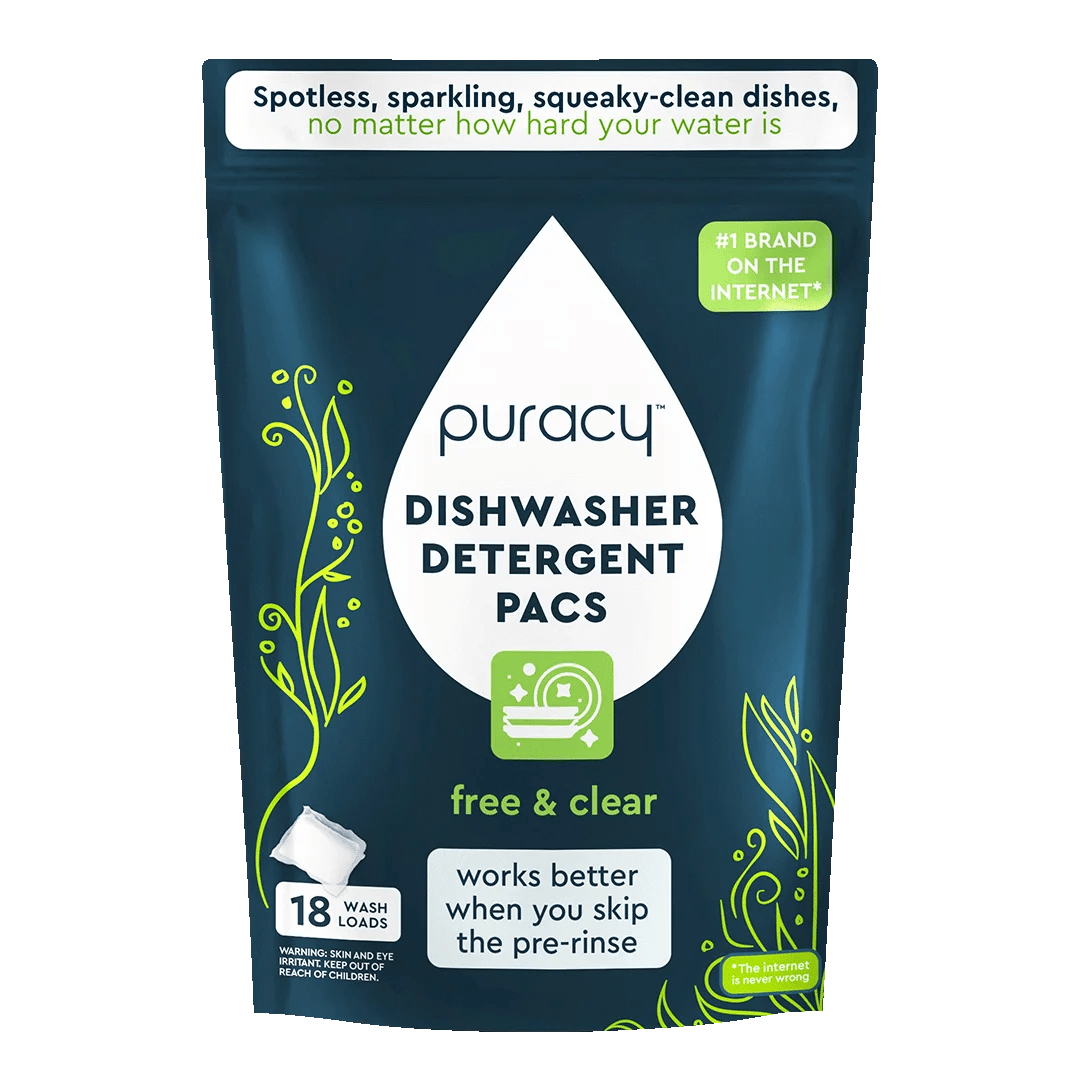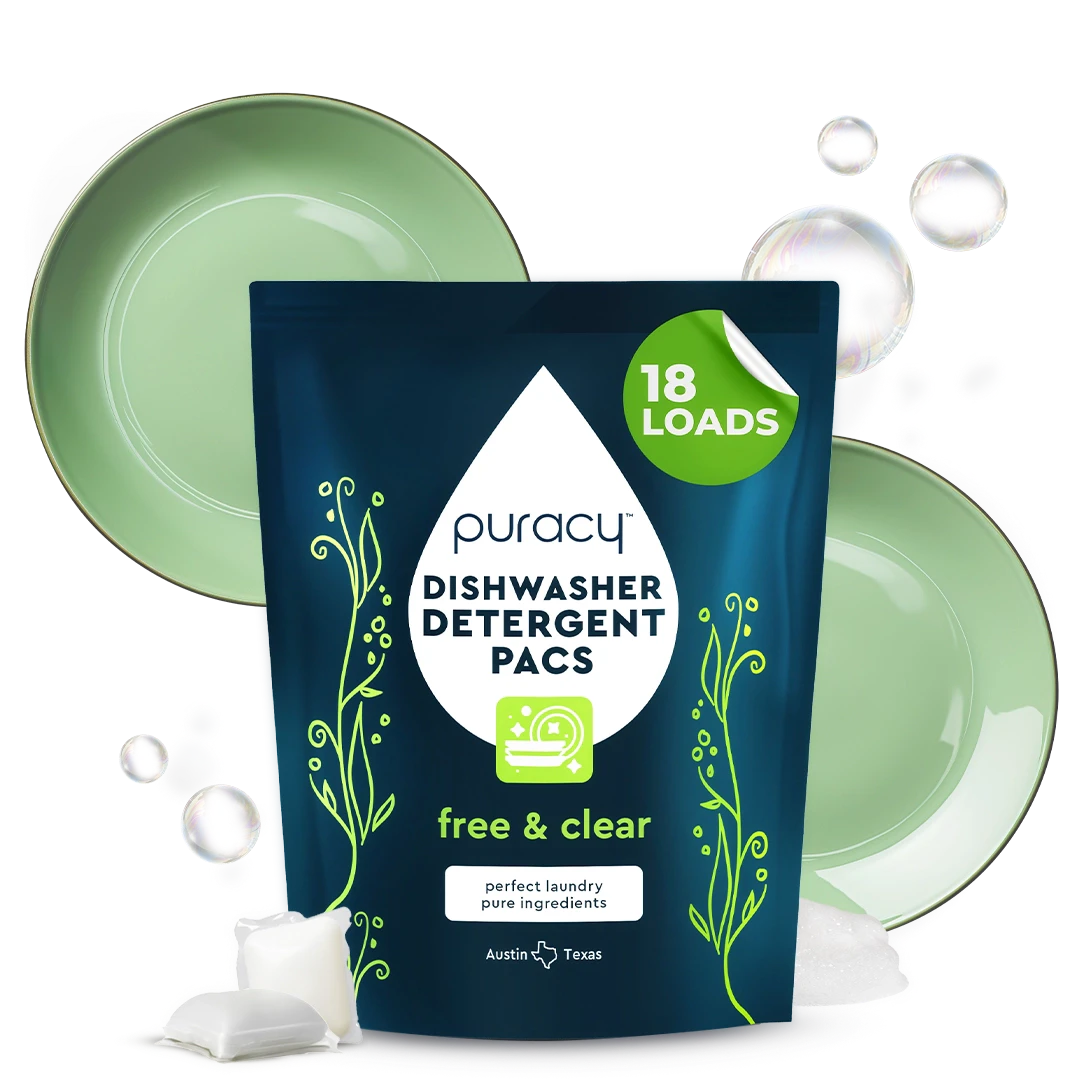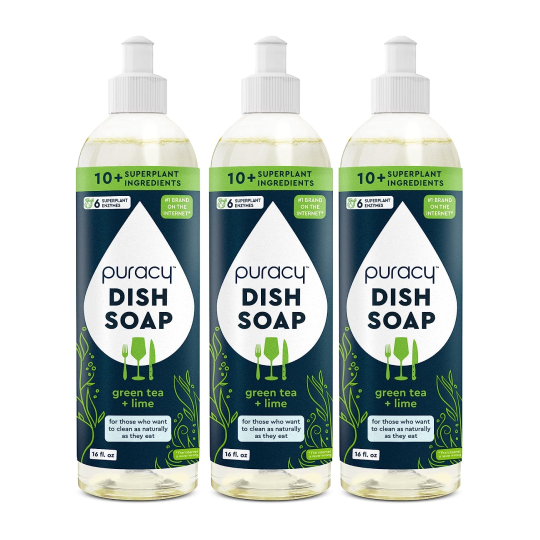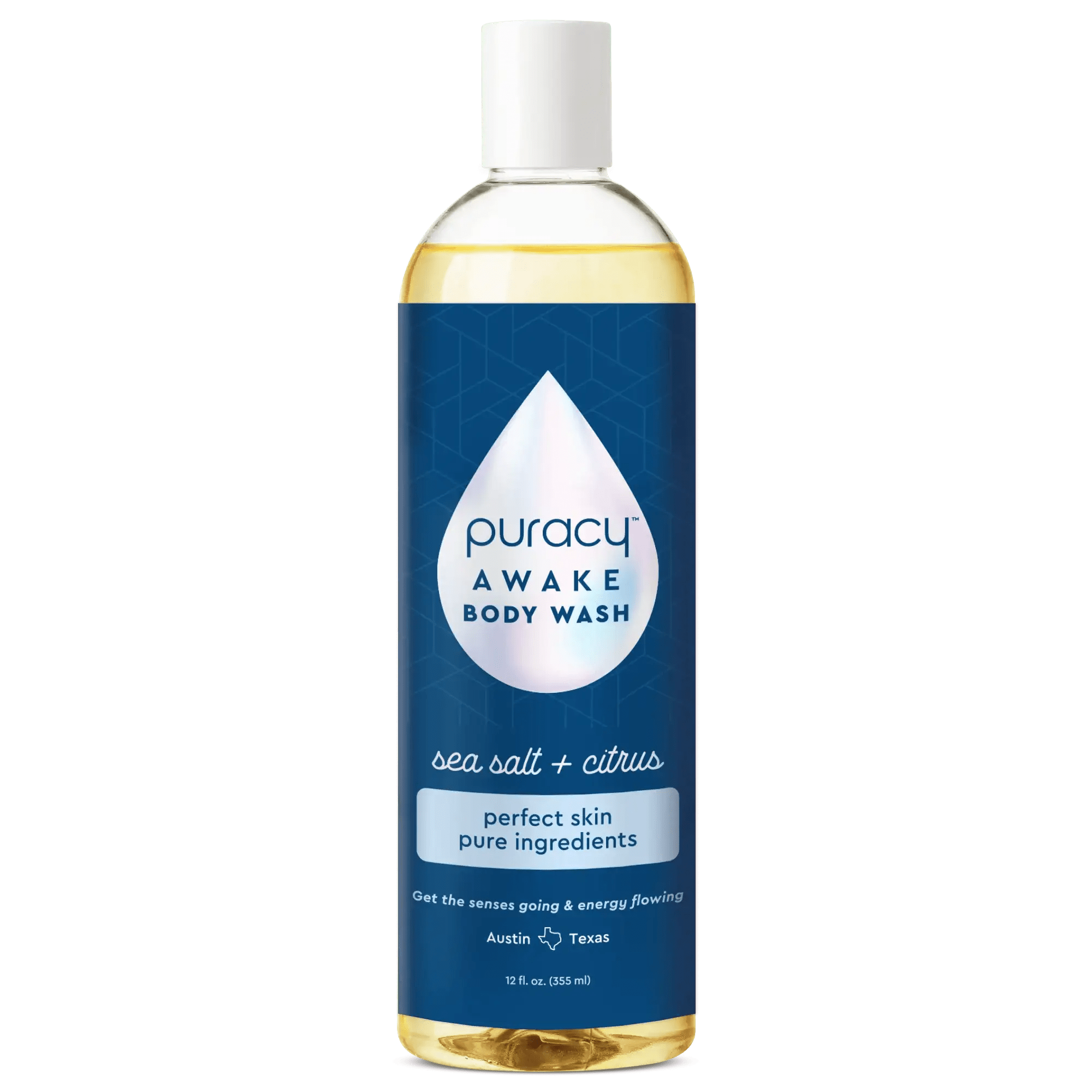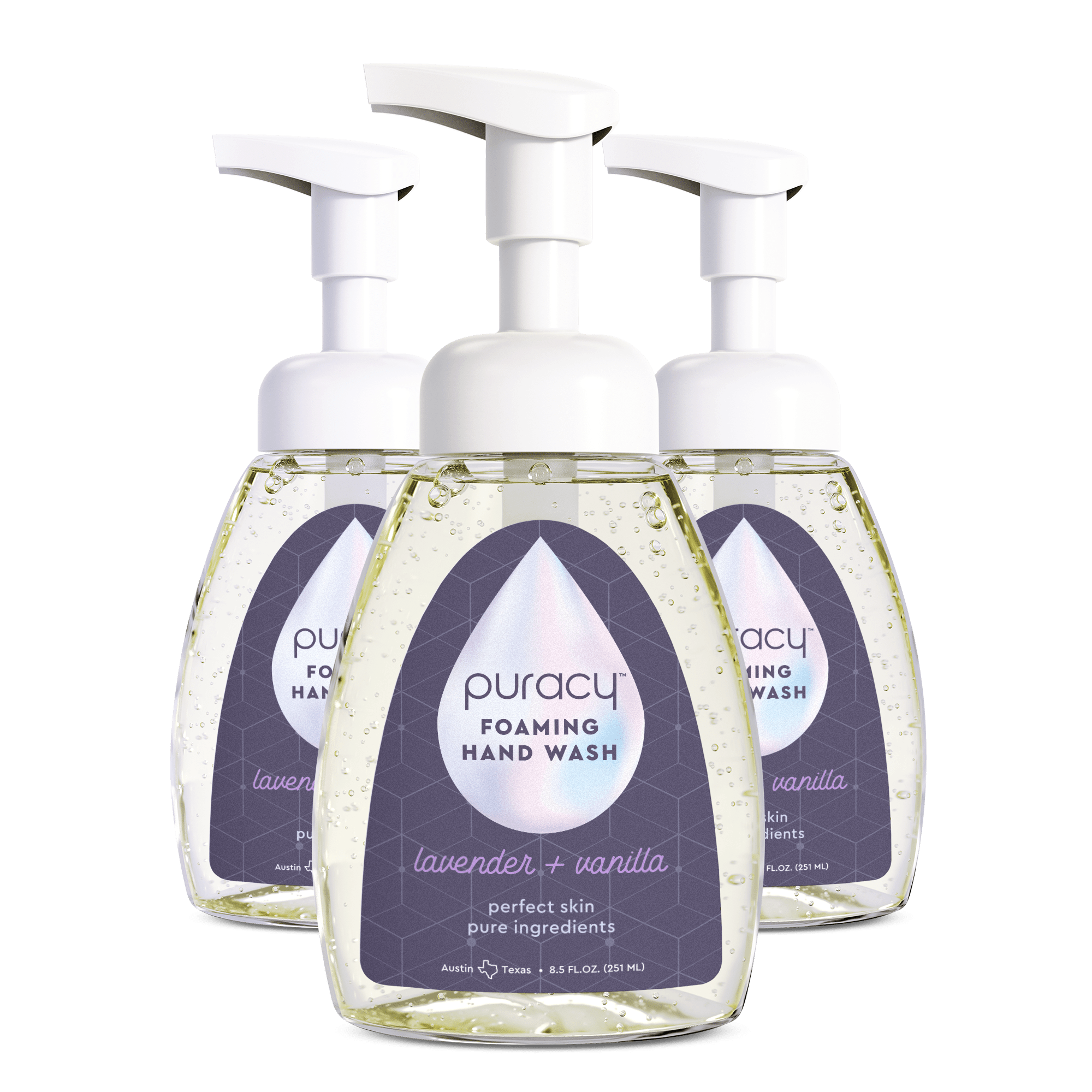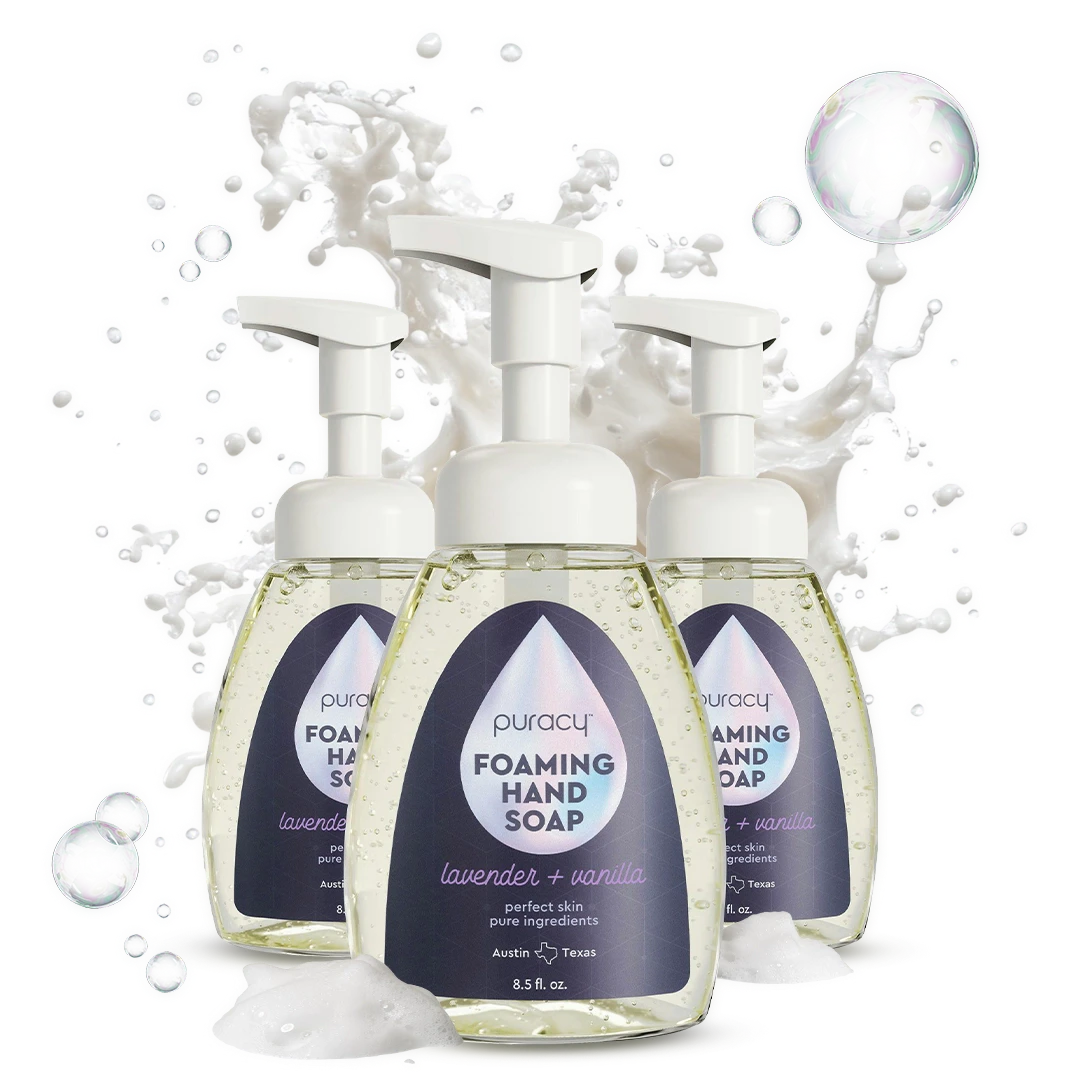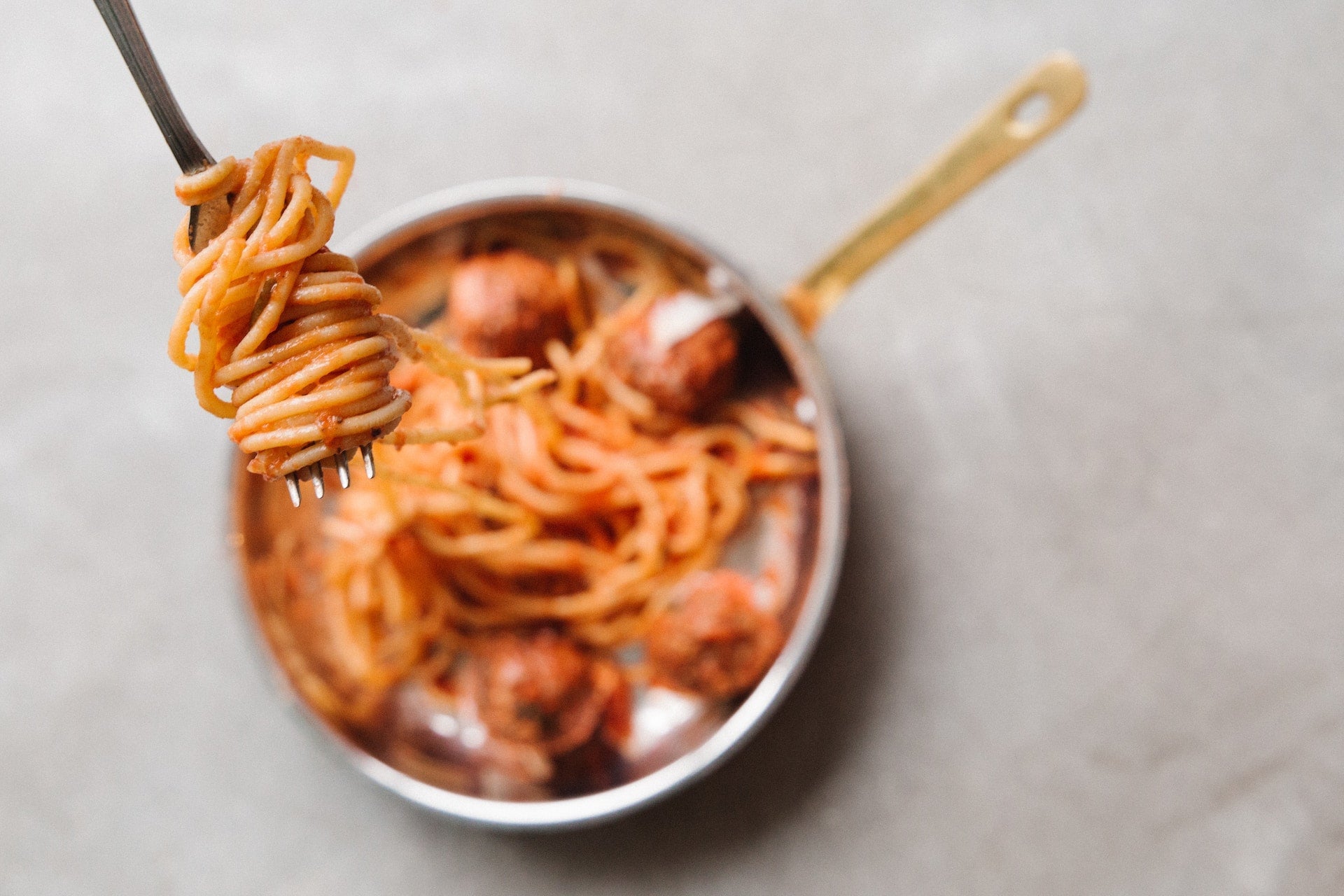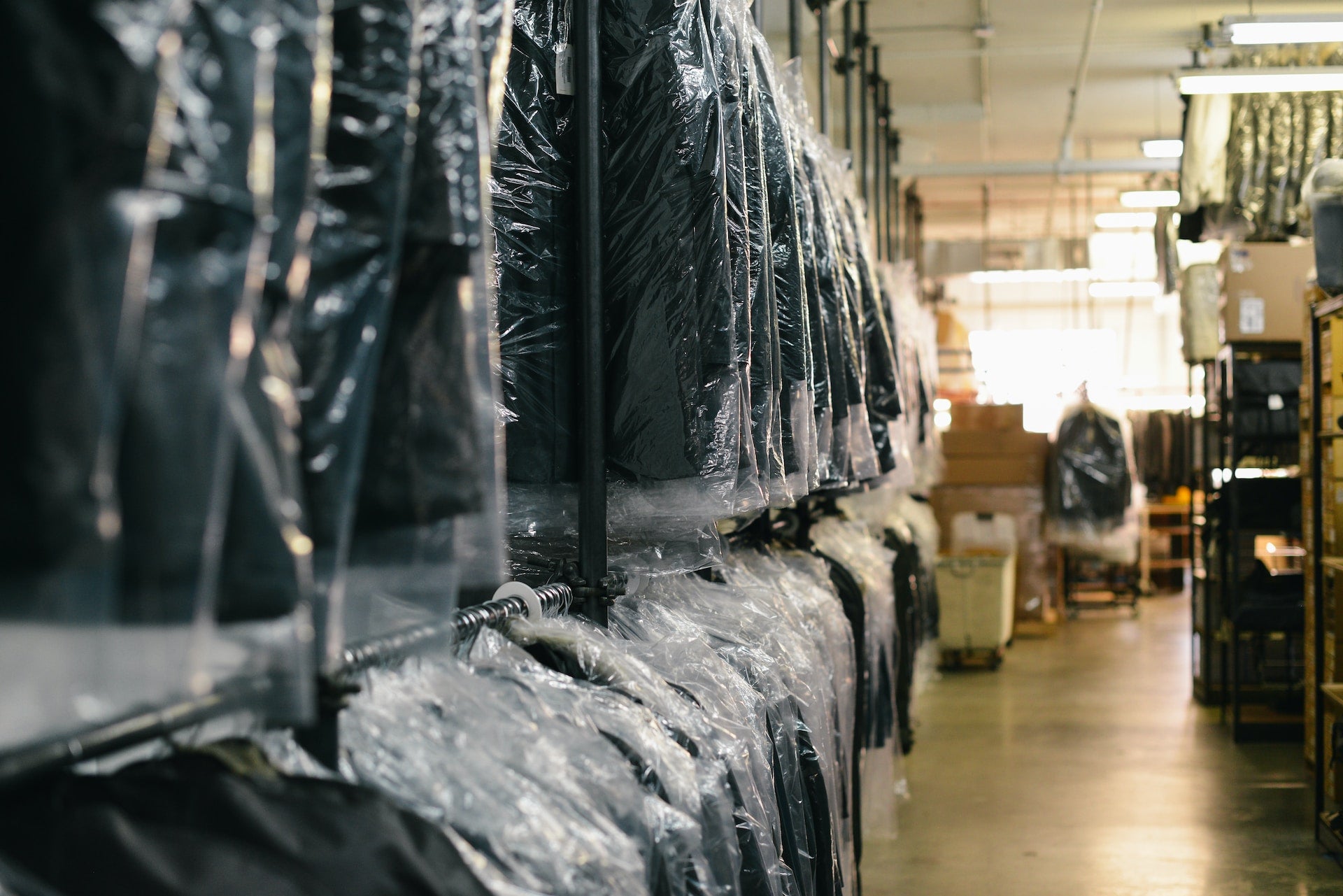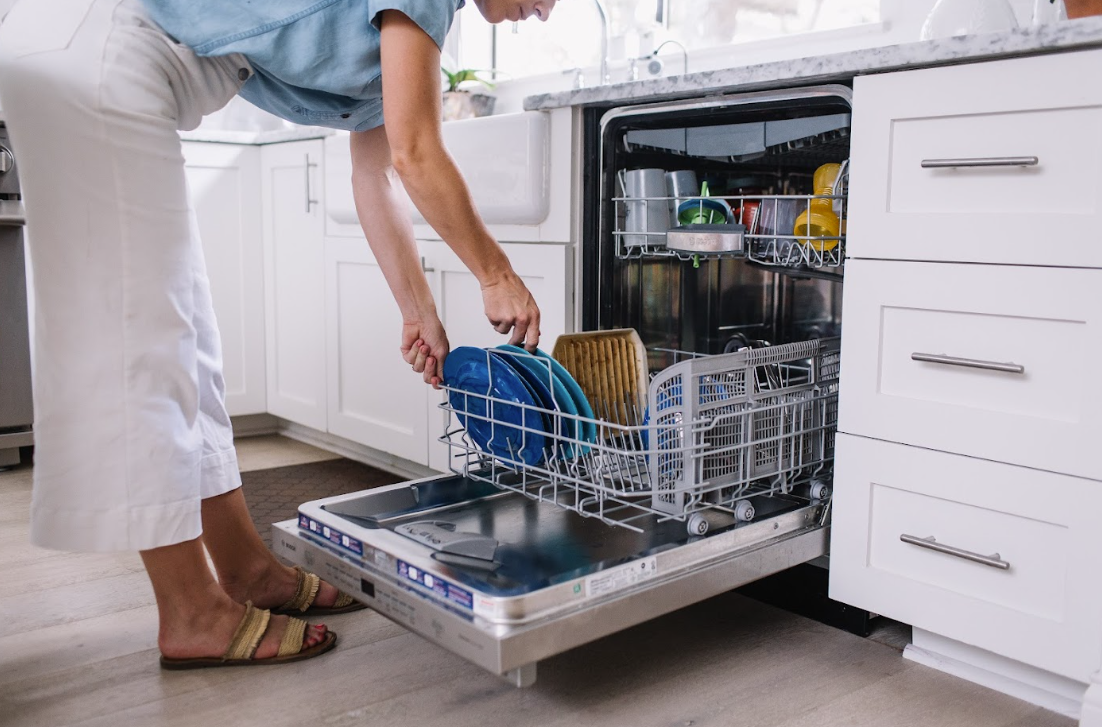
Can You Put Dish Soap in a Dishwasher?
Oh no! You ran out of dishwasher soap. The grocery store is a drive away and you don’t have the time to do your plates and pans. You ask yourself, “Can I use a regular dish soap in my dishwasher?”
The short answer is, you shouldn’t. It won’t clean the dishes and your machine might even stop midway. Let’s find out why.
Can I Use Dish Soap in My Dishwasher?

Regular dish soap and dishwasher soap do not work the same way.
A dish soap can break down food particles on your dishes through soap suds and a thick foam of bubbles. They form when the dish soap interacts with water while you move it around the dishes using a sponge.
A dishwasher soap relies on enzymatic power to break down food particles. Food and oil will be easier to clean this way with the force of water. It does so without the need for manual handling.
What Can Happen When I Use Dish Soap in My Dishwasher?

If by accident, you use dish soap, it creates unnecessary soap suds and bubbles. The water and suds may overflow out of the unit's door. It may even stop the unit from working.
This means you shouldn’t use a dish soap or use it as an dishwasher soap alternative. It will not clean your plates and utensils properly this way.
Here are other factors to consider:
-
Efficiency
A liquid dish soap or a powdered version will hinder the cleaning process. These may even prolong the rinsing step.
Due to more soap suds and bubbles forming inside, it may take another rinse cycle to clear your plates and utensils of soap. It is better designed to be used by hand and with a sponge.
-
Water usage
You will need a longer time in rinsing to completely remove the soap particles off your dishes.
The dishwasher will need more water if you use dish soap. A dishwasher soap is best because it is low-sudsing and it doesn’t contain harsh chemicals.
-
Rinsing power
Will your dishwasher unit be able to handle a stronger rinse cycle to remove soap suds?
Dish soap can be difficult to rinse off of dishes. This can leave a residue on the dishes, which can make them look and feel greasy.
-
Dishwasher condition
Using dish soap can damage the appliance over time. It will also be more difficult to clean unwanted scums from cleaning alternatives.
The suds can clog the dishwasher's pumps and filters, and they can also cause the dishwasher to overheat.
Common Alternatives to Dishwasher Soap
While you might think there are other alternatives you can use, think again. Here are alternatives you might grab but shouldn’t:
-
All-purpose cleaner
All-purpose cleaners are designed to clean a variety of surfaces, but they are not as effective at cleaning dishes as dishwasher soap. They can also contain harsh chemicals that can damage the machine’s components.
-
Laundry detergent
Laundry detergent is designed to clean clothes, and it is not effective at cleaning dishes. It might even create more suds and bubbles than your dish soap. This will interfere with the dishwasher’s cleaning cycle. There are also risks associated with indirectly consuming laundry detergent, including burning, vomiting, and more.
-
Hand soap
A hand soap is designed to be used on the hands. It’s mild and easy on the skin but it’s not as effective at cleaning dishes as dishwasher detergent.
-
Body wash
Just as a hand wash is meant for your hands, your body wash is meant for when you clean your body in the shower. It’s mild but great in making sure you smell clean and fresh without stripping your skin off your natural oils. But it doesn’t work the same way with dishware.
-
Shampoo
Shampoo isn’t the best alternative to a dishwasher soap. It will also create foam and suds that may clog your unit later on.
I accidentally used dish soap in my dishwasher. What now?

You will know if you put the wrong cleaning agent in your unit if it begins building a thick soap foam. It might spill out the door. Worse, it may reach parts of the machine that will clog or stop the unit from working properly.
Here’s what you need to do if you used dish soap by accident:
Cancel the cycle right away.
The first step is to cancel the cycle to prevent further forming of thick foam. Drain the machine off any remaining water from the wash cycle.
Lay out rags in case soap suds and bubbles spill out.
Lay out rags and prepare a mop in case the soap suds and bubbles spill out of the machine’s door.
Remove all dishes and utensils from the unit.
Start removing all dishware from the machine and place them in your sink. You can run water on the dishes to remove any suds before you can return them inside the dishwasher later.
Clean the interior of soap residue.
Wipe the interior of the dishwasher with dry towel to remove any soap residue and bubbles. Repeat this process until the interior is rid of soap scum.
Pour vegetable oil in the unit then run a wash cycle.
Pour ¼ cup vegetable oil on the bottom of the unit then run a quick cycle. Do this without adding dishwasher soap on the machine. If you don’t have vegetable oil, you can also use ¼ cup vinegar to work against the soap suds. Drain the unit after the wash cycle.
Run another wash cycle to completely remove soap suds.
You may need to do another rinse cycle to completely remove soap suds and foam from the unit. Once drained, open the unit and wipe off the interior with a clean, dry towel.
What’s the Best Dishwasher Soap Alternative?

There is no alternative soap that will allow your machine to work its best.
If you run out of dishwasher soap, you would rather do your dishes manually. This prevents issues related to using incorrect soap or cleaning agent on your unit.
These issues include clogging your dishwasher, water spillage during the washing cycle, and unnecessary use of water and electricity when you double rinse.
There are other alternatives, such as baking soda, vinegar, and lemon juice. Baking soda is known to be a mild abrasive and it will help rid your plates off food particles and grease. It will also help deodorize them.
Vinegar and lemon juice are mild acids that can help break down food particles during the wash cycle. But none of them offer the same results as a dishwasher soap. It uses enzymatic power to clean your dishes without the use of the usual soapy foam. And since your unit was not created with these alternative cleaning agents in mind, you might find more issues in the long run.
Avoid all of these hassles by using the correct dishwasher soap on your dishwasher.
Key Takeaways
- Do not use a dish soap and other cleaning alternatives on your dishwasher. Dish soap is designed to be used by hand, and it is not as effective at cleaning dishes in a machine.
- If you accidentally use dish soap in your dishwasher, cancel the cycle immediately and remove all dishes and utensils from the unit. Clean it and run a rinse cycle.
- Use dishwasher soap that’s specifically designed for your unit. This assures you that your dishes are cleaned properly and your unit will be in service for a longer period of time.
